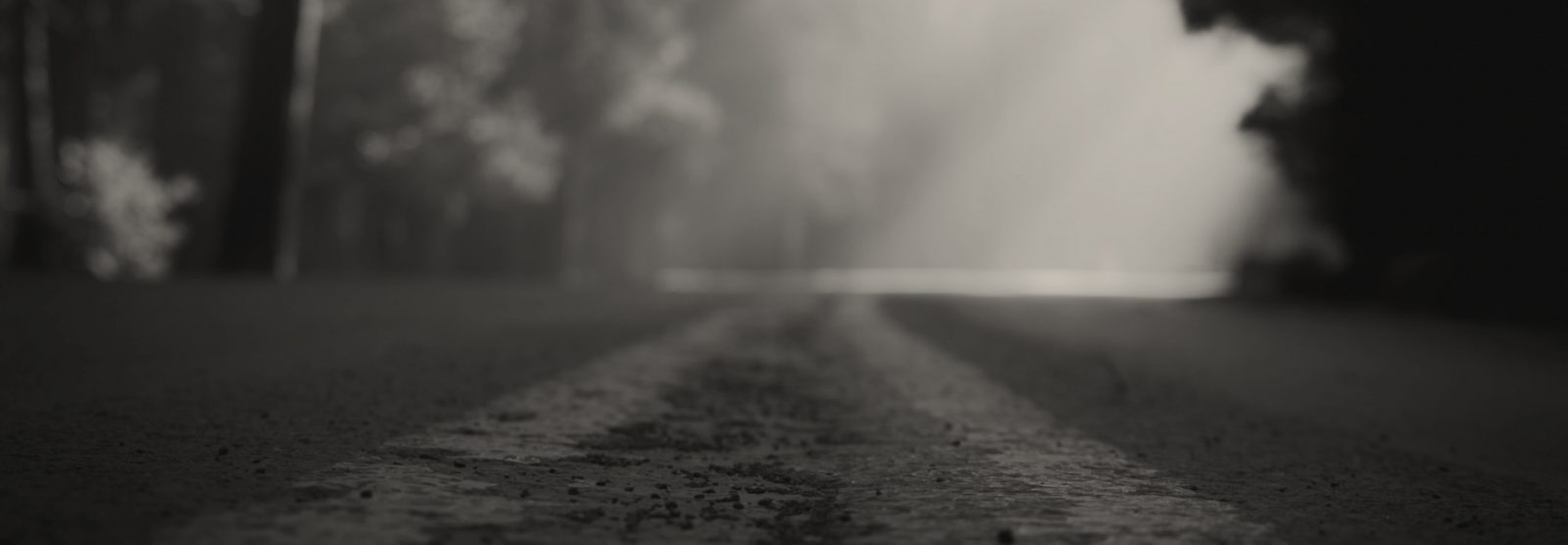The People v. the Prison
California is discovering the hard way that you can’t leave decarceral reforms in the hands of prison officials.

TOPICS
164 posts in ‘Decarceral Pathways’
California is discovering the hard way that you can’t leave decarceral reforms in the hands of prison officials.
Once a person is imprisoned, indigent defense stops. But the gravity of mass incarceration demands legal representation to the very end.
Today’s labor movements must see the carceral state not just as a related progressive battle, but as central to the struggle for workers’ rights.
Ending prison slavery and giving fair wages to incarcerated workers are necessary steps on the pathway to justice.
What does genuine safety look like? And what will it take to prioritize it rather than simply managing inequality and other injustices?
Three activists from 'the Michael Brown generation' reflect on what changed in St. Louis after the uprisings—and what didn’t.
Participatory defense gives families and communities an opportunity to protect their own in courtroom spaces that have long robbed them of power.
In their fight to get ShotSpotter out of Chicago, organizers have emphasized the ways that for-profit technology can never deliver on its promises to make communities safer.
The administrative remedy process is a roadblock to challenging inhumane prison conditions. With the help of advocates, people in prison are fighting back.
Most reentry programs assume a person who is able to work and live on their own. Those of us who are older don’t have that kind of freedom.
Defund gives us a platform and pathway to reimagine a society with less police, more care, and services that meet the needs of all.
Prosecutors alone won’t end mass incarceration. But their interventions can mean the world to people staring down the many harms of criminalization.
Electing progressive prosecutors is but one tool in a multifaceted, collaborative approach to ending mass incarceration.
Not all so-called progressive prosecutors are doing enough to dismantle mass incarceration. But they’re better than the alternative.
Progressive prosecutors have delivered tangible and rapid wins to a grassroots movement seeking to end mass incarceration.
Believing that prosecutors can play a role in ending mass incarceration requires imagining a prosecutor whose goal is non-reformist reforms.
Prosecution can be redefined to focus on effective problem-solving through policies and initiatives that make us a safer, healthier community.
Can a prosecutor, even a progressive or reform-minded one, really help dismantle mass incarceration?
Social work must be anti-carceral, against oppression, and committed to ending the systems, structures, and ideologies that cause people harm.
Even before the uprisings in Minneapolis, communities have been radically reimagining a world that doesn’t depend on policing.
In seeking funding for non-carceral mental health crisis response, we're hoping to bring a small piece of our abolitionist horizon to our city.
A new prison won’t fix the many problems that afflict our community. Only a vision for, and investment in, a different future will.
Education is integral to centering the holistic well-being of incarcerated people.
When people need care, then the solution should be to get them care, not increase the risk of police violence.
Abolition and public health go hand in hand. Organizers are embracing both as they pursue decarceral projects that center everyone’s well-being.
A hopeful, practical new book shows how abolitionist organizers today are building the world anew.
They were incarcerated in Eastern Kentucky, far from home. Now they’re free and back, hoping the region won’t build a new prison there.
For many years, Kentuckians have been fighting the construction of a federal prison. They’ve been winning, but their fight isn’t over.
For incarcerated people, prison education programs can offer not only knowledge but also hope that a different future is possible.
After Hurricane Katrina, law enforcement criminalized sex work and Black women like never before. We fought back—and won.